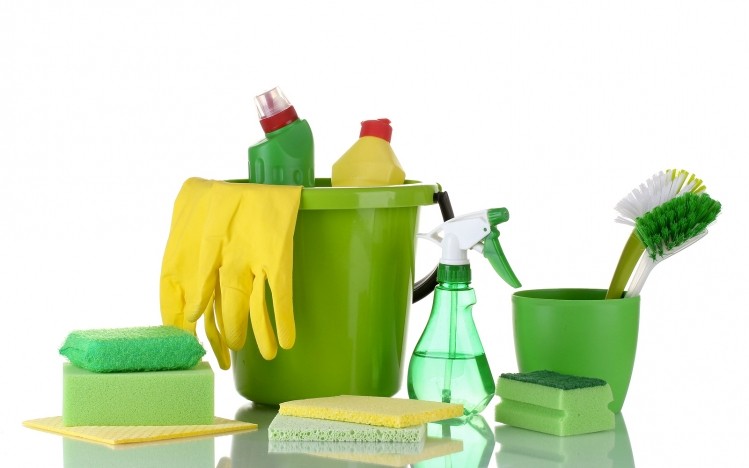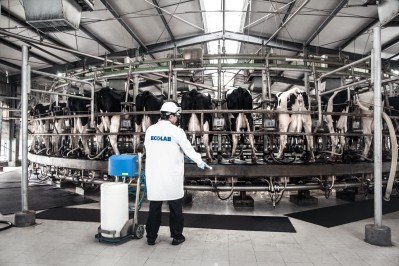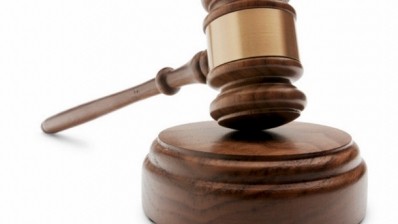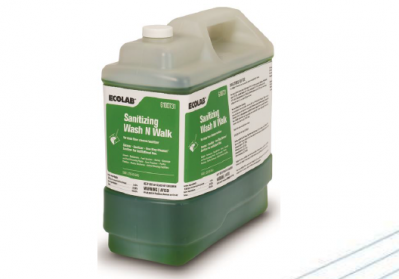China
Ecolab positive over China’s food safety progress

Over the last two years in particular, since ministers began a process to revise its food safety laws, China has reorganised the structure of its inspectors, strengthened the penalties convicted food safety transgressors will face and launched very public inspection campaigns in an effort to assure consumers that they were being protected.
In this time, the authorities have consulted the industry three times on the new food laws, and are expected to place a renewed emphasis on food safety standards during the course of this year.
Cutting through the red tape
China’s Byzantine regulatory system is full of conflicting and outdated standards, though a major project by the National Health and Family Planning commission has begun to rebuild the system, including cancelling old standards and introducing new ones.
Part of the government’s approach is reactive because there has to be some element of being able to react to outbreaks, says Dr Ruth Petran, vice-president of food safety and public health at Ecolab.
“But now there is a greater focus towards prevention and setting standards for foods that are reasonable and practical. [China is] taking 5,000 standards down to 1,000, which is still a lot but it’s the right way to go,” she said.
“We appreciate the proactive focus the government is taking, but when it comes to standards, it’s important that they are practical and based on science. It’s also important that they are based on the reality of food-born illness disease agents that are happening now.”
Offering sensitive advice
Ecolab’s traditional product lines include disinfectants and detergents used by restaurants, hospitals and other institutions. In recent years, it has also expanded through acquisitions, including the purchase of water treatment chemicals manufacturer Nalco, from which it gets half of its China business.
The other half comes from hygiene and sanitation, of which food service and manufacturing plays a significant part.
The company has been advising the Chinese authorities on food hygiene whenever it’s been able to, and Petran believes they have been receptive to ideas.
“It is very positive that they have brought in experts from other parts of the world and from multinational companies, from Ecolab and other organisations that work in this kind of standards setting. They have recognised that they want and need advice,” she said.
“But we have to be aware and sensitive to the particular differences in food practices, the types of foods that are eaten and the production practices that are used. We need to be sensitive to the particular needs and interests of Chinese citizens as well, and be respectful of that. ”











